Citing experience in some countries, Dr. Vu Minh Khuong said that if an ecosystem for development bonds is built, trillions of USD can be mobilized.
Bonds - an important capital mobilization channel, besides credit, have fallen into difficulty since last year after a number of large issuers were caught up in legal crises.
At the seminar "Macroeconomic stability, bond market development" organized by the Government Electronic Information Portal on May 28, Dr. Vu Minh Khuong, Lecturer at the Lee Kuan Yew School of Public Policy (Singapore), Dr. Khuong said that the Government has always stood side by side with businesses to overcome all difficulties. However, he noted the need to create a foundation for the future, because bonds are a particularly important channel for mobilizing capital, not only for businesses but also for the Government.
"We are entering a new growth phase, requiring new breakthroughs in thinking and awareness to build a modern nation in the next 2-3 decades," Mr. Khuong said.

Dr. Vu Minh Khuong, Lecturer at Lee Kuan Yew School of Public Policy, Singapore. Photo: Nhat Bac
Professor Hoang Van Cuong agrees, because according to him, maintaining macroeconomic stability and control in the past is "the most successful in the context of the world witnessing turbulent waves of inflation and declining growth". This helps Vietnam create stability in many aspects, production, business, and people's lives.
According to him, the Government has responded promptly and appropriately in managing fiscal policy, but still controlled inflation, reducing the burden on businesses through tax exemptions and reductions. Regarding currency, the VND maintained a stable price, when the prices of other currencies increased.
"The management between the Government and the National Assembly has very clear support. Almost every policy that is created has support and interaction between the legislative and executive agencies," Mr. Cuong commented.
However, in addition to controlling inflation, the Government needs to pay attention to the resources pumped into the market, such as currency. "If we are too concerned about inflation, continue to tighten the currency, and limit capital supply to businesses, they will not have the resources to produce and do business," Professor Hoang Van Cuong suggested.
Dr. Vu Minh Khuong also said that Vietnam is entering a new growth phase, requiring a new breakthrough in thinking as well as awareness of building a modern nation in the next 2-3 decades. That is, in the context of the world not yet recovering, the international market is still weak in absorption, it is necessary to unleash domestic resources (institutions, cash flow) to increase domestic capacity.
Looking back at the recent bond market, some experts say that the risk is partly due to high interest rates. The issuance interest rate is too high in the context of the stable dong compared to the USD, causing difficulties for businesses.
"The interest rate of 13% is very high compared to the world. If we use too much leverage, meaning mostly relying on bonds, to invest in construction, it will be even more difficult because it is easy to lose money," said Mr. Khuong.
Meanwhile, Prof. Dr. Hoang Van Cuong, Vice President of the National Economics University, commented that the risks of the bond market come from businesses and investors themselves. Mr. Cuong analyzed that businesses issue bonds easily, leading to a situation where the factors to ensure the value of bonds have no basis.
These bonds are mostly issued privately, and are only available to professional or institutional investors. However, in reality, most individual investors buy bonds thinking they are like depositing them in a bank. When an incident occurs, this market falls into difficulty and new issuances drop sharply.
To revive this important capital market, Dr. Vu Minh Khuong said, Vietnam needs to build a healthy bond ecosystem.
Dr. Khuong cited the experience of many countries, currently bonds are issued in 3 types. One is issuing bonds with insurance, helping investors feel secure in putting their money in, because insurance checks the quality of the bonds very carefully.
Second is to issue guaranteed bonds. Finally, unsecured bonds need at least to be assessed by professional units.
According to him, some countries do not pay attention to investing in upgrading the bond ecosystem, so it is difficult to develop, such as Indonesia or the Philippines, which can only issue very small amounts of bonds. Meanwhile, in Korea, they can issue trillions of dollars.
"Building a foundation for a healthy financial system for Vietnam's future is a very urgent issue," he said.
According to data from the Vietnam Bond Market Association (VBMA), new corporate bond issuance in April 2023 almost froze, while businesses raced to buy back bonds before maturity and negotiated with bondholders to extend the repayment period.
As of early May, the total amount of corporate bonds issued was nearly VND31,700 billion, of which individual bonds accounted for 83%. Enterprises bought back nearly VND49,500 billion of bonds before maturity, up 48% over the same period in 2022.
The value of bonds due in May is more than VND21,400 billion, of which 45% is real estate (VND9,600 billion), consumer goods account for 17%; banking and raw materials account for 12% and 14% respectively.
According to Professor Hoang Van Cuong, many businesses with good capacity are currently finding it difficult to raise capital through bond issuance. Weak businesses do not have the funds to pay interest on bonds when they mature. These factors, according to him, create great pressure for many businesses and the bond market cannot immediately flourish.
However, Dr. Vu Minh Khuong said that many countries have developed thanks to capital mobilization through bond issuance. For example, in South Korea, 18 localities have issued bonds to build railways and subways. That means capital needs to be poured into investing in areas and infrastructure that create value.
"When investing in things that create value, we do not hesitate to spend money or effort to borrow. When a dollar is invested in the right things, in the right direction, it will create a lot of profit, helping to grow very quickly," Mr. Khuong commented.
Source link
































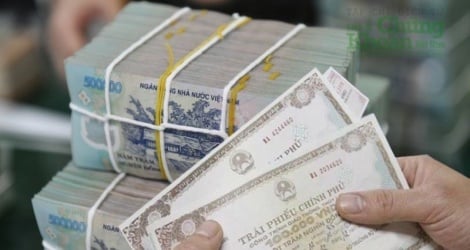


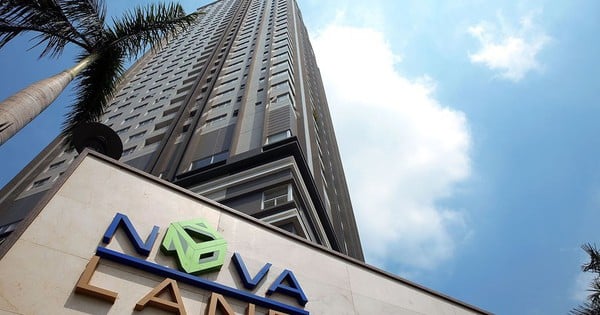

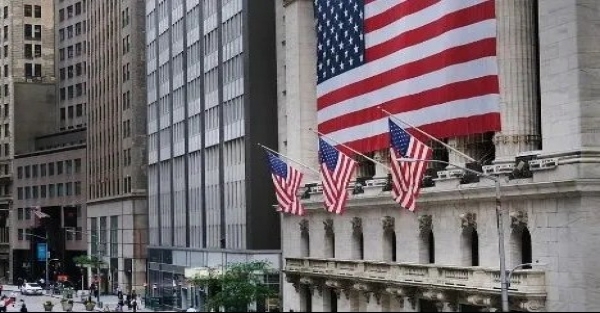



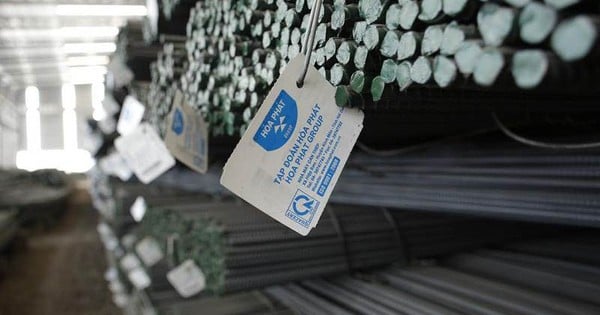
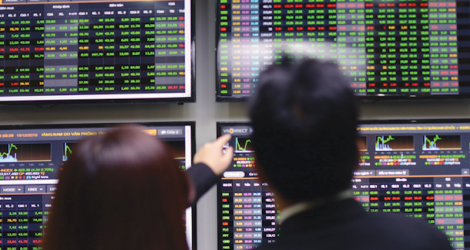
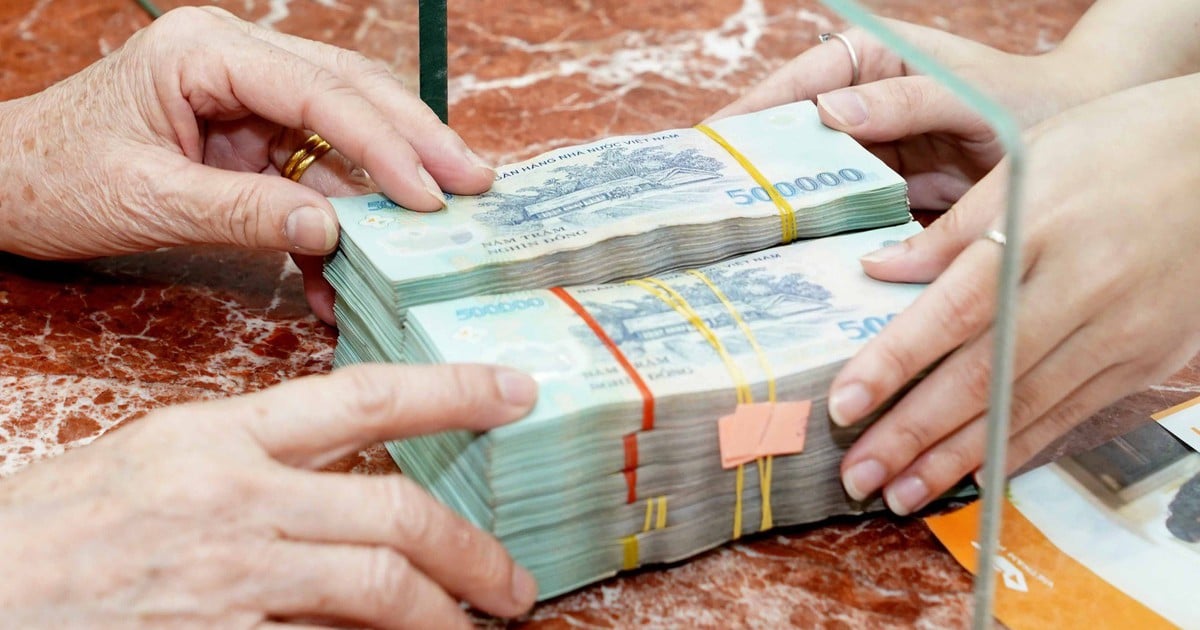

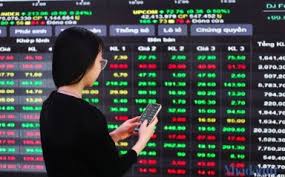
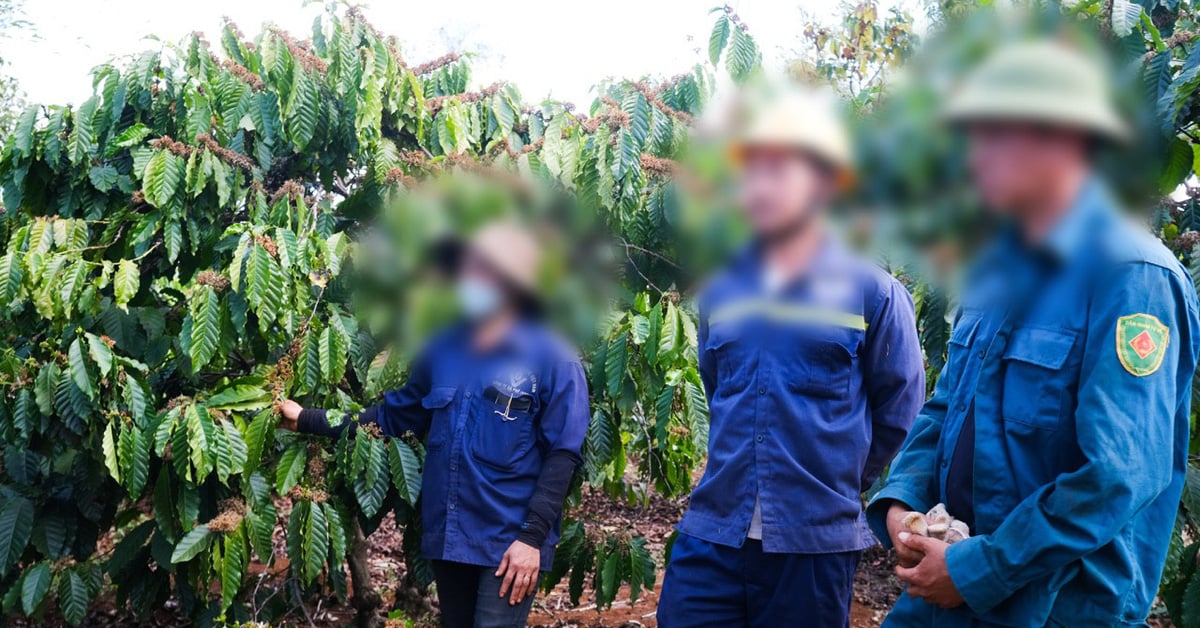




















Comment (0)